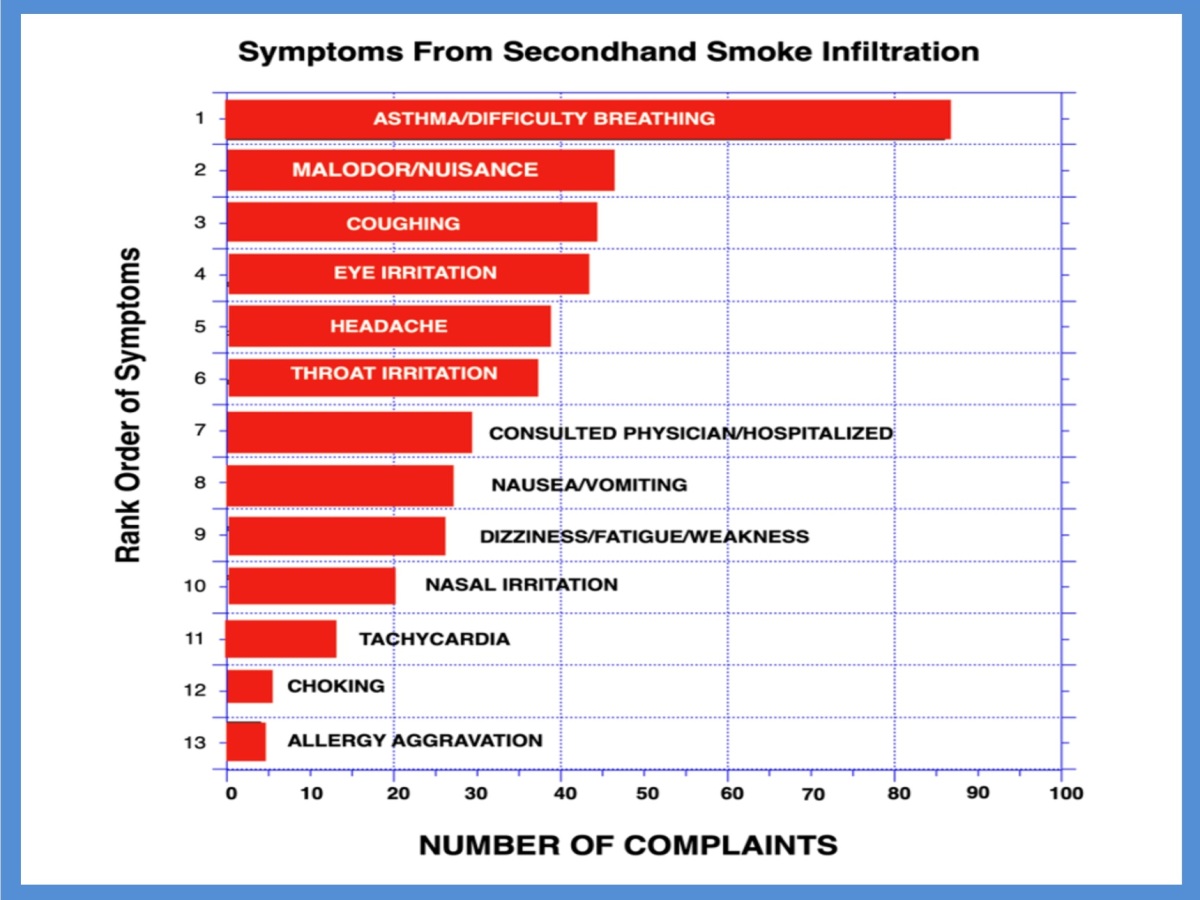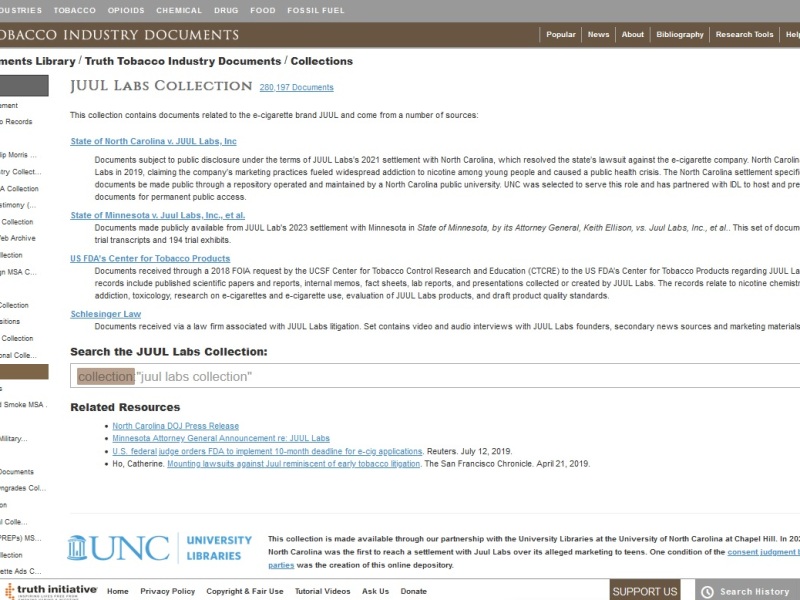Stanton Glantz blog
Commentary on tobacco, cannabis and public health

Why does the Royal College of Physicians report on ecigs and harm reduction minimize knowledge of the adverse effects of nicotine beyond addiction?
E-cigarettes and Harm Reduction: An Evidence Review, the latest in a series of reports it has published since 2007 endorsing e-cigarettes for harm reduction. In this report, the RCP minimizes the adverse health effects of nicotine (beyond addiction), concluding that “There is little evidence of a long-term harmful physiological effect of nicotine that is not…

Why is the Royal College of Physicians concluding the ecigs help smokers quit when a large body of evidence shows that, as consumer products, they don’t?
On April 18, 2024 the UK Royal College of Physicians published E-cigarettes and Harm Reduction: An Evidence Review, the latest in a series of reports it has published since 2007 endorsing e-cigarettes for harm reduction. In this report, the RCP recommends that “e-cigarettes should be promoted as an effective means of helping people who smoke…

Why is the Royal College of Physicians concluding e-cigs reduce harm while ignoring the substantial associations between e-cigs and actual disease?
On April 18, 2024 the UK Royal College of Physicians published E-cigarettes and Harm Reduction: An Evidence Review, the latest in a series of reports it has published since 2007 endorsing e-cigarettes for harm reduction. The report covers a wide range of topics, including assessing the health risks of e-cigarettes, the central question on whether…

Tobacco industry denormalization supports stronger tobacco control policies
Tobacco industry denormalization — the strategy of educating people about the predatory behavior of the tobacco industry — is used in many high income states and countries. Now, Roengrudee Patanavanich and I have published “Awareness of tobacco industry tactics among tobacco control communities in Thailand and its association with attitudes towards tobacco industry and perceptions…

Why is the FDA still pushing e-cigs as lower risk based on ancient evidence?
Today (April 16, 2024) the FDA released a new web page on The Relative Risks of Tobacco Products that irresponsibly promotes e-cigarettes as a lower risk alternative to cigarettes. This recommendation is based on the 2018 National Academy of Sciences, Engineering and Medicine report on e-cigarettes that concluded that e-cigarettes reduce exposure to some toxic…

What you need to know about secondhand smoke in multiunit housing
Jim Repace, who did the first quantitative risk assessment of secondhand smoke and lung cancer way back in 1980 and helped launch the clean indoor air movement, just published “Secondhand smoke infiltration in multiunit housing: Health effects and nicotine levels” in Indoor Environments. This paper is a combination literature review and summary of data he…

More people are stopping smoking since advent of fourth gen e-cigs. Less disease? Probably not.
Karin Kasza and colleagues new well-done study, “Divergence in Cigarette Discontinuation Rates by Use of Electronic Nicotine Delivery Systems (ENDS): Longitudinal Findings From the United States PATH Study Waves 1-6,” uses the large national PATH study to see if there were differences in real-world trends of adults stopping smoking before and after fourth generation e-cigarettes…

Heated tobacco products damage human lung function as much as cigarettes
Philip Morris has aggressively promoted its heated tobacco product (HTP) IQOS all over the world as a safer alternative to smoking cigarettes based on the fact that IQOS delivers lower levels of some combustion products than cigarettes. IQOS is the most populat HTP in Japan, and other tobacco companies make similar claims for their HTP.…

Read the behind scenes story of the 1964 Surgeon General Report on Smoking and Health
The 1964 Report on Smoking and Health represented a turning point in the history of tobacco in the United States and the world. Now Don Shopland [photo above], who at the time was an eighteen year-old, “newly working at the National Library of Medicine,” who found himself moonlighting for the Surgeon General’s Advisory Committee that…

Over 1 million previously secret Juul documents now available, with more to come
The UCSF Industry Documents Library released another 519,000 new Juul Labs documents, bringing the total number of documents to 1,053,233. This is about one-quarter of the complete collection of more than 4 million documents. Check out the Juul documents here.
Loading…
Something went wrong. Please refresh the page and/or try again.
Follow My Blog
Get new content delivered directly to your inbox.